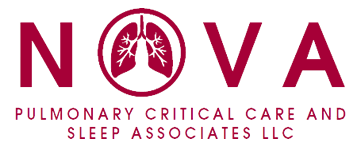A pulmonary function test (PFT) is a series of non-invasive breathing tests that measure how well your lungs are functioning.
How is Pulmonary Function Test (PFT) Performed?
Here’s a general overview of how a Pulmonary Function Test (PFT) is typically performed:
- Preparation: Before the Pulmonary Function test, you may be asked to avoid certain medications that could affect your lung function, such as bronchodilators. You should also avoid heavy meals and strenuous exercise immediately before the test.
- Explanation: A respiratory therapist or technician will explain the pulmonary function test procedure to you and answer any questions you may have. They will also ensure that you understand how to perform each part of the test correctly.
- Equipment: You will be seated in a comfortable chair or standing, depending on the specific test being performed. A mouthpiece or nose clip may be provided to ensure that air is only breathed in and out through the device being used for the test.
- Spirometry: The most common test in a PFT is spirometry. During this test, you will be asked to take a deep breath and then exhale as forcefully and completely as possible into a tube connected to a spirometer. This measures lung volume and airflow, providing information about lung function, including vital capacity, forced vital capacity (FVC), forced expiratory volume in one second (FEV1), and FEV1/FVC ratio.
- Lung Volume Measurements: Additional tests may be performed to measure lung volumes and capacities using different techniques, such as body plethysmography or gas dilution. These tests provide information about total lung capacity, residual volume, and functional residual capacity.
- Diffusion Capacity Test: In some cases, a diffusion capacity test may be performed to assess how well oxygen moves from the lungs into the bloodstream. This involves breathing in a small amount of a harmless gas and holding your breath for a short time before exhaling.
- Interpretation: The results of the PFT are analyzed by a healthcare provider, typically a pulmonologist, who interprets the data and provides a report. The results are compared to predicted values based on age, gender, height, and ethnicity to determine if there are any abnormalities or signs of lung disease.
- Follow-up: Depending on the results of the test, further evaluation or treatment may be recommended. This could include additional tests, such as imaging studies or bronchoprovocation tests, or referral to a specialist for further evaluation and management.
Overall, a pulmonary function test is a valuable tool for assessing lung function and diagnosing respiratory conditions. It’s important to follow any instructions provided by your healthcare provider and perform the test to the best of your ability to ensure accurate results.
Preparing for pulmonary function test
- No bronchodilator medication for four hours.
- No smoking for four hours before the test.
- No heavy meals.
- Do not wear any tight clothing. Wear comfortable shoes.
Can I Fail a pulmonary function test?
Contact NOVA Pulmonary Critical Care and Sleep Associates to learn more about pulmonary function tests.
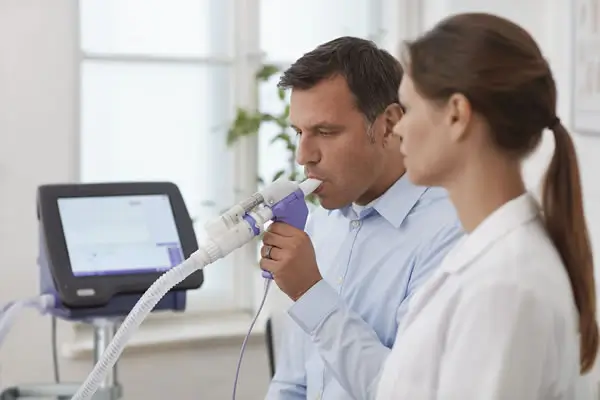
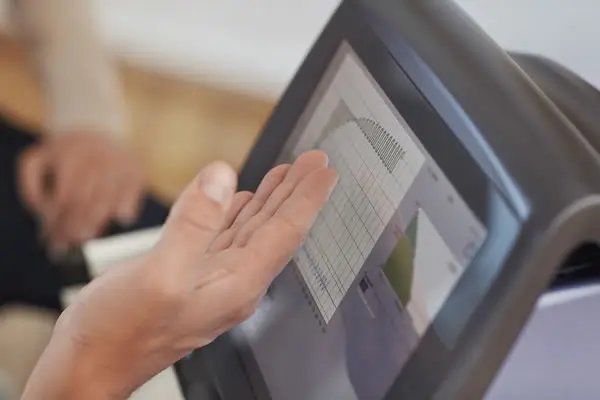
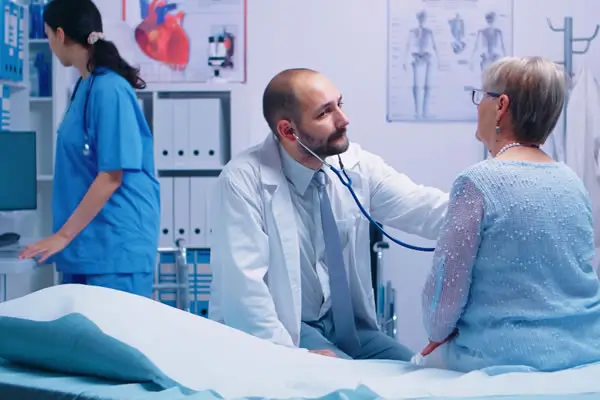
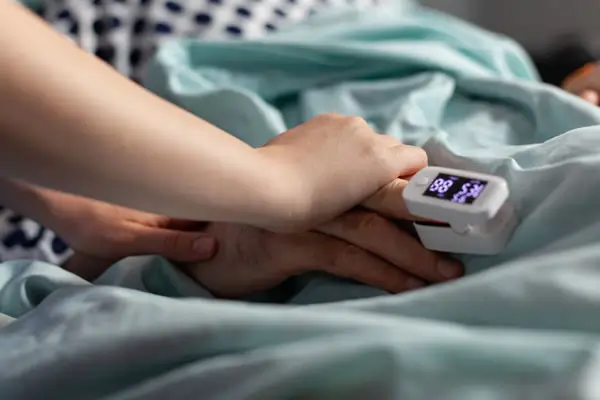
Office Locations
Conveniently located near you in Loudoun and Fairfax VA
NOVA Pulmonary – Dulles
24430 Stone Springs Boulevard
Suite 200
Dulles, VA 20166
NOVA Pulmonary – Lansdowne
19415 Deerfield Avenue
Suite 301
Landsdowne, VA 20176
Meet the team at NOVA Pulmonary Critical Care and Sleep Associates
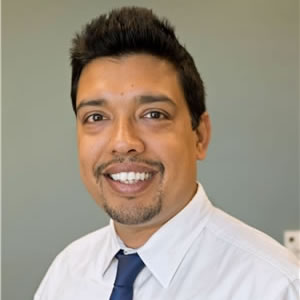
Dr. Aditya N Dubey, M.D, F.C.C.P. – Founder
Specialty:
Pulmonary, Critical Care and Sleep Medicine
Board Certified by American Board of Internal Medicine in the Subspecialities of Pulmonary Medicine, Critical Care Medicine and Sleep Medicine. Learn more about Dr. Dubey

Dr. Petra Thomas, M.D.
Specialty:
Pulmonary Medicine
Board Certified by American Board of Internal Medicine in the Subspecialities of Pulmonary Medicine. Learn more about Dr. Thomas

Dr. Arman Murabia, M.D.
Specialty:
Pulmonary, Critical Care and Sleep Medicine
Board Certified by American Board of Internal Medicine in the Subspecialities of Pulmonary Medicine, Critical Care Medicine and Sleep Medicine. Learn more about Dr. Murabia

Rebekah Lee, AGNP-C
Nurse Practitioner. Learn more about Rebekah Lee

Christine Amorosi, AGNP-C
Nurse Practitioner. Learn more about Christine Amorosie
